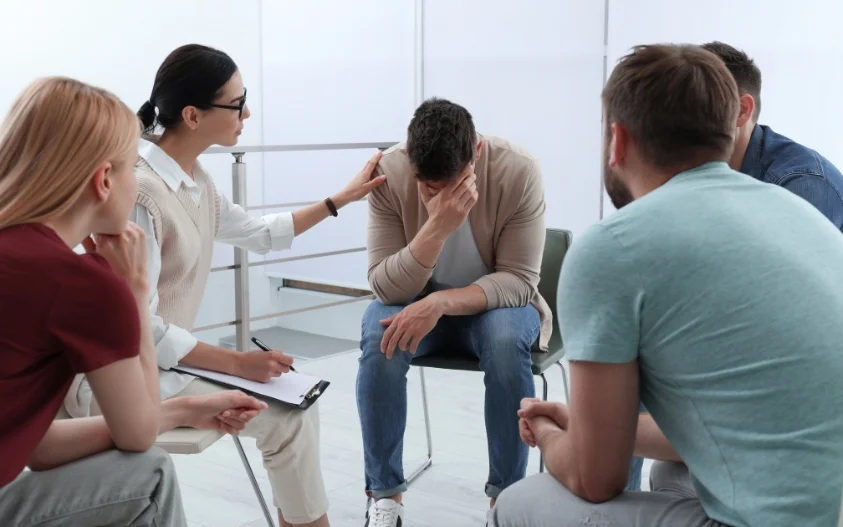24/7 Helpline:
(866) 899-111424/7 Helpline:
(866) 899-1114
Other Insurance Options

Health Choice

Cigna

MHNNet Behavioral Health

BlueShield

BlueCross

Humana

Anthem

Holman Group

Carleon

Meritain

WellPoint

PHCS Network

Lucent

State Farm

CareFirst

Absolute Total Care

Group Health Incorporated

Kaiser Permanente

Highmark

Optima













